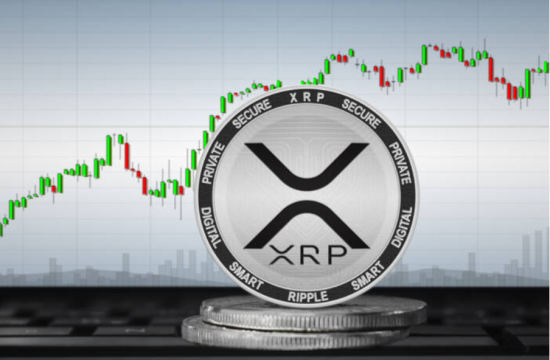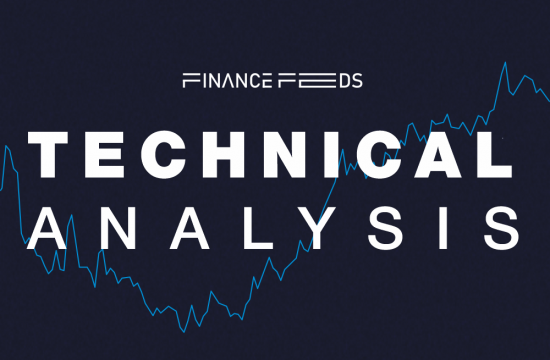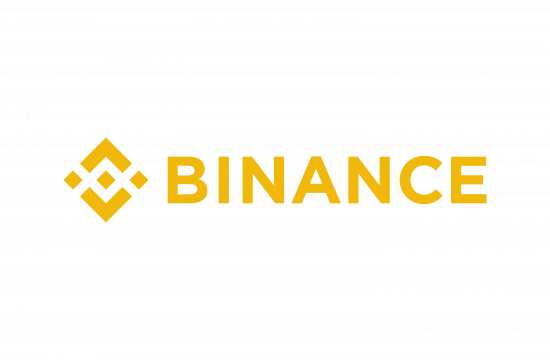The SEC’s latest episode comes across as more of a PR performance rather than an act of investor protection.

Gary Gensler and the #SEC compounded recent woes of contagion-affected #Genesis and #Gemini customers by charging both companies with unlicensed securities offerings through the Gemini Earn program. The problem with this latest episode is that it comes across more as a PR performance than an act of investor protection.
If the SEC’s real concern was investor protection, it would exhibit a proactive approach. Yet, in virtually all dealings with the industry, the SEC has been reactive, denying clarity during critical decision-making and bringing delayed enforcement when the investor damage has already been done.
One of the great ironies of this latest action is that the SEC’s claim that “time-tested securities laws… promote trust in the market” whilst they have a habit of glacial-paced decision-making and only act after the horse has bolted.
Their own press release acknowledges that Genesis and Gemini agreed on the program in Dec 2020, with retail investors granted access from Feb 2021 onwards. Yet the SEC took the position of a passive observer with no verdict or guidance offered until problems emerged in 2022.
If its primary motivation was investor protection, the SEC probably wouldn’t have waited over 2 years to step in. Instead, it could have offered Gemini risk management guidance, such as mandatory diversification, rather than concentration with a single provider, Genesis. That would have protected investors substantially more than any belated legal actions.
CEOs across the digital asset industry, such as Brian Armstrong, have clamoured for regulatory clarity long before the current crypto winter began, but no broad constructive guidance has been offered. Crypto Twitter had an unwelcoming reaction to SEC’s recent ill-timed action: “It’s like running a stop sign that wasn’t there and giving someone a ticket. Please give clear guidelines that bolster positive growth”.
For years the SEC has consistently kicked the can down the road for all rulings regarding a spot Bitcoin ETF, bringing up a tired old excuse of the spot market being “too prone to manipulation” (despite having granted futures-based ETFs, an instrument certainly not “immune” to market manipulation).
The SEC’s gold standard remains the Howey Test dating back to anachronistic 1946… but that relates to a period where the complexity of interactions within the economy was closer to the 19th-century slow-paced world than the 21st-century burgeoning information reality.
If the SEC truly aims to protect investors, it needs to shape the design of nascent industries rather than hinder their progress. It also must ensure that “time-tested” laws reflect the changing realities of the Information Age.












